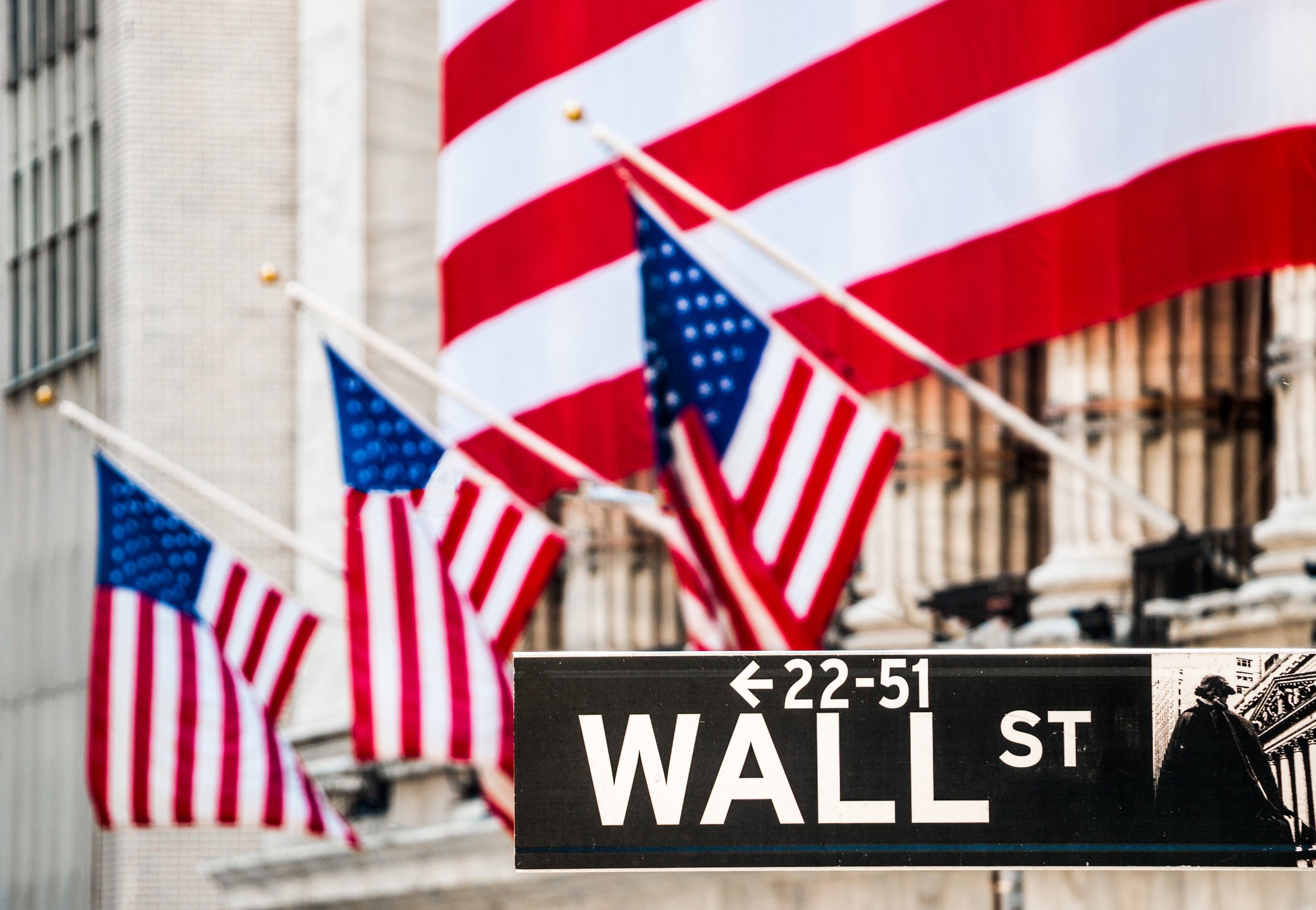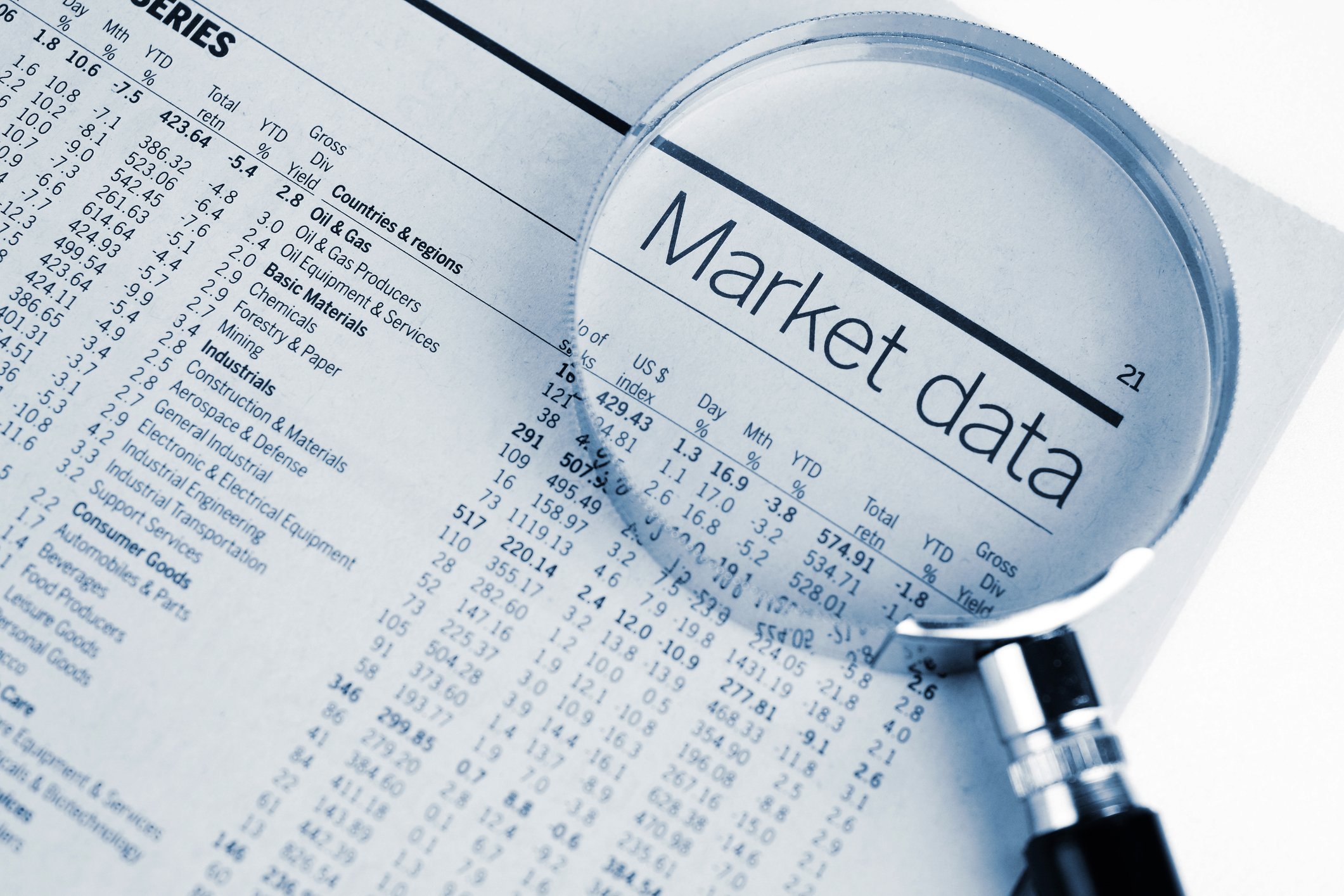
Best Buy rewarded investors this morning with a special dividend.
The stock market fell back on Tuesday from its record highs earlier in the week, as the Nasdaq Composite's (^IXIC 2.39%) first foray over 5,000 since the tech bust in 2000 proved to be short-lived, at least in early trading. As of 11 a.m. EST, the Dow Jones Industrials (^DJI 1.76%) were off 92 points, and the Nasdaq had fallen over half a percent to trade below the 5,000 mark. Yet even as investors took a pause from the market's huge advances over the past month, more companies have found ways to return capital to their shareholders, with some high-profile companies making large one-time special dividend payouts to investors.
Electronics retailer Best Buy (BBY 2.85%) on Tuesday said it would include a one-time payout as part of a broader plan to boost capital returns to shareholders. Best Buy's special dividend will amount to $0.51 per share, or about 1.3% of its current share price; it will be made on April 14 to shareholders of record as of the close of business on March 24.. The company said the payout is tied to the net proceeds from legal settlements it has received from lawsuits alleging price-fixing in the LCD market. At the same time, Best Buy will boost its regular quarterly dividend by 21%, now paying $0.23 per share every three months. In addition, the company said it planned to spend $1 billion on stock buybacks over the next three years. After surviving a huge downturn, Best Buy has finally shown signs of a full recovery, and that confidence is showing through in its aggressive rewards for its investors.

Source: Wikimedia Commons.
Best Buy is just the latest of a number of companies making special dividend payments in 2015. One of the highest-profile members of this group lately is Costco Wholesale (COST +0.06%), which paid out its $5 per share special dividend on Feb. 27. Unlike Best Buy, Costco tapped the credit markets to finance this payout, with a debt offering of $1 billion in five-year and seven-year notes covering just under half of the cost of the $2.2 billion payment. With interest rates still low, companies have been more willing to finance dividends with debt than they have in the past, but that trend could end if the Federal Reserve boosts rates later this year.

Source: Wikimedia Commons.
Expect more companies to follow the lead of Costco and Best Buy. Although it hasn't officially declared a special dividend yet, hot-dog vendor Nathan's Famous (NATH 0.91%) announced last Friday that it had offered $125 million in five-year notes in a private offering. The announcement said the hot-dog chain plans to pay up to $116 million of the note proceeds on a special dividend. With that figure representing about a third of the company's total market cap, Nathan's stockholders could receive dividends of roughly $25 per share, based on its current outstanding share count. After the dividend, Nathan's would be much more leveraged, giving shareholders higher risk but greater potential reward as well.
Dividends are important for income investors, and special dividends often represent an unexpected treat. In today's market environment, investors should expect more special dividends than usual, at least as long as low rates make it easy for companies to pay capital back to their shareholders.










